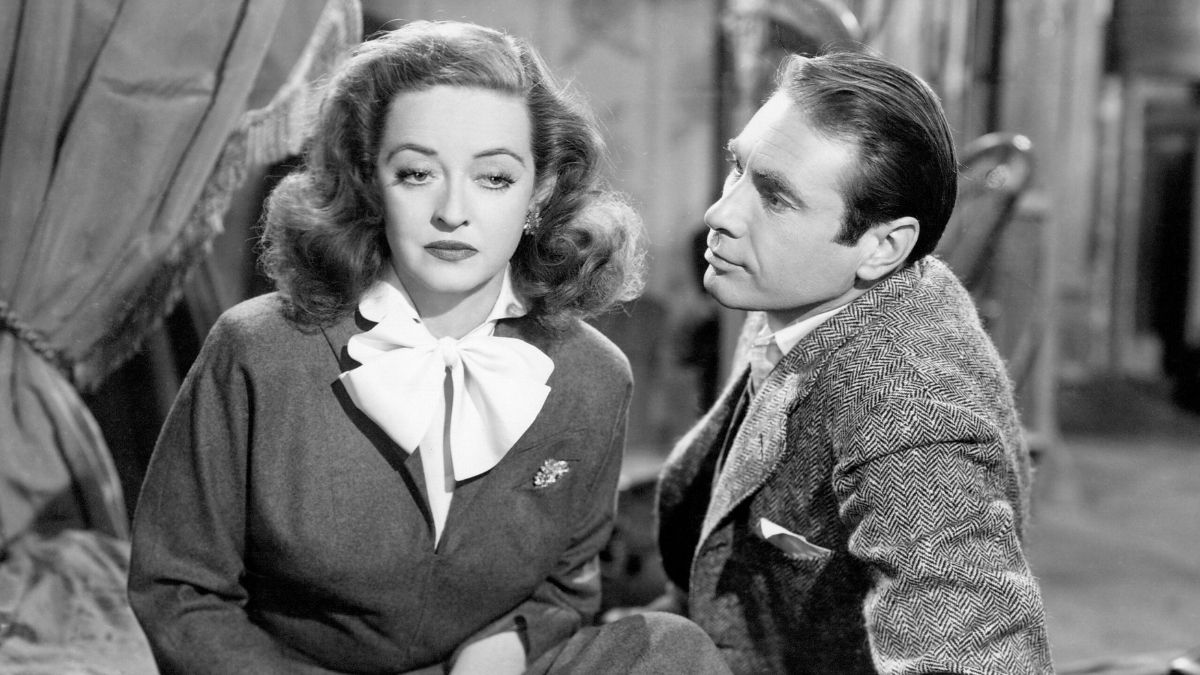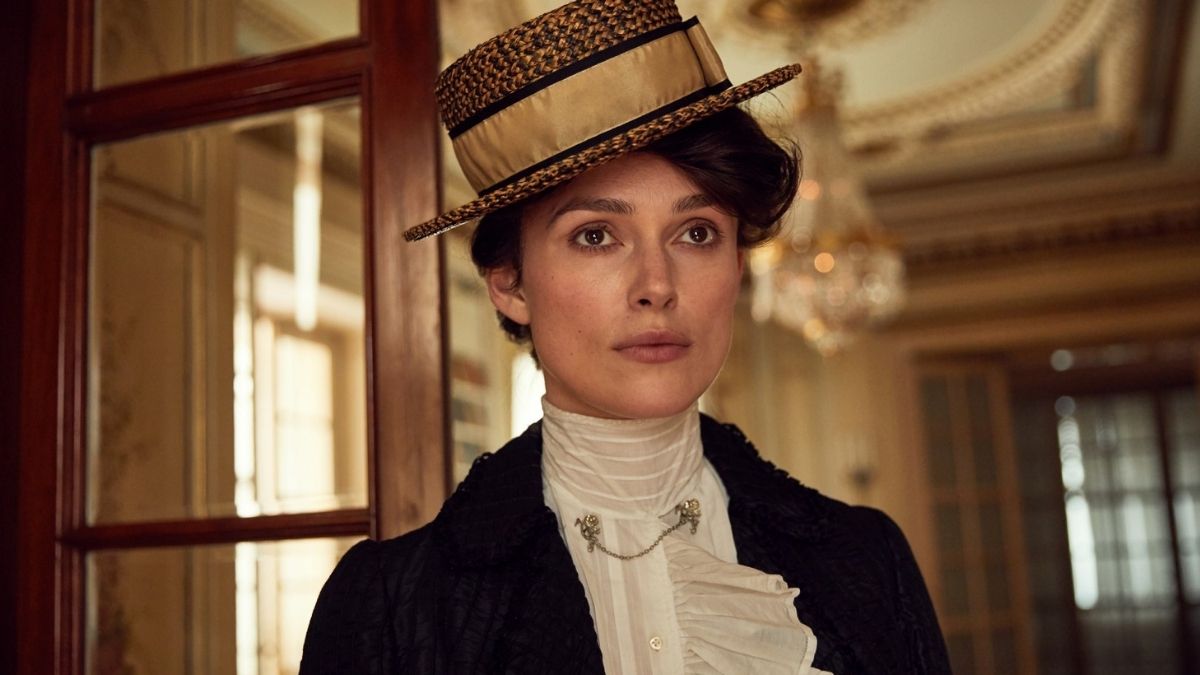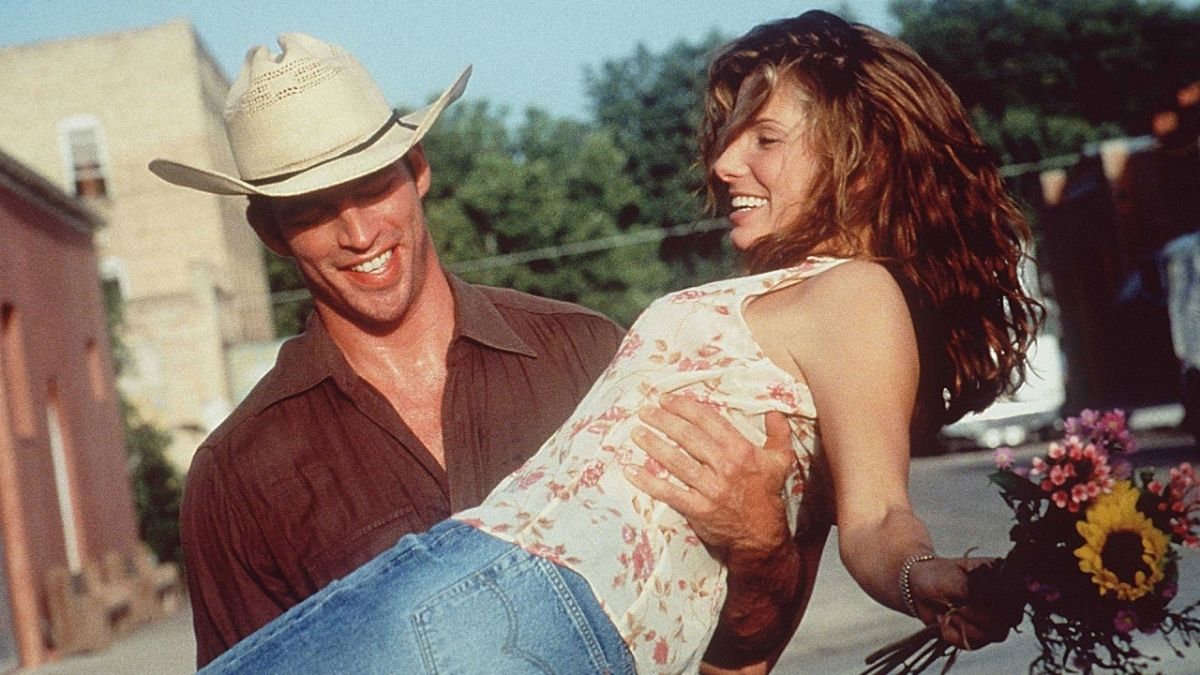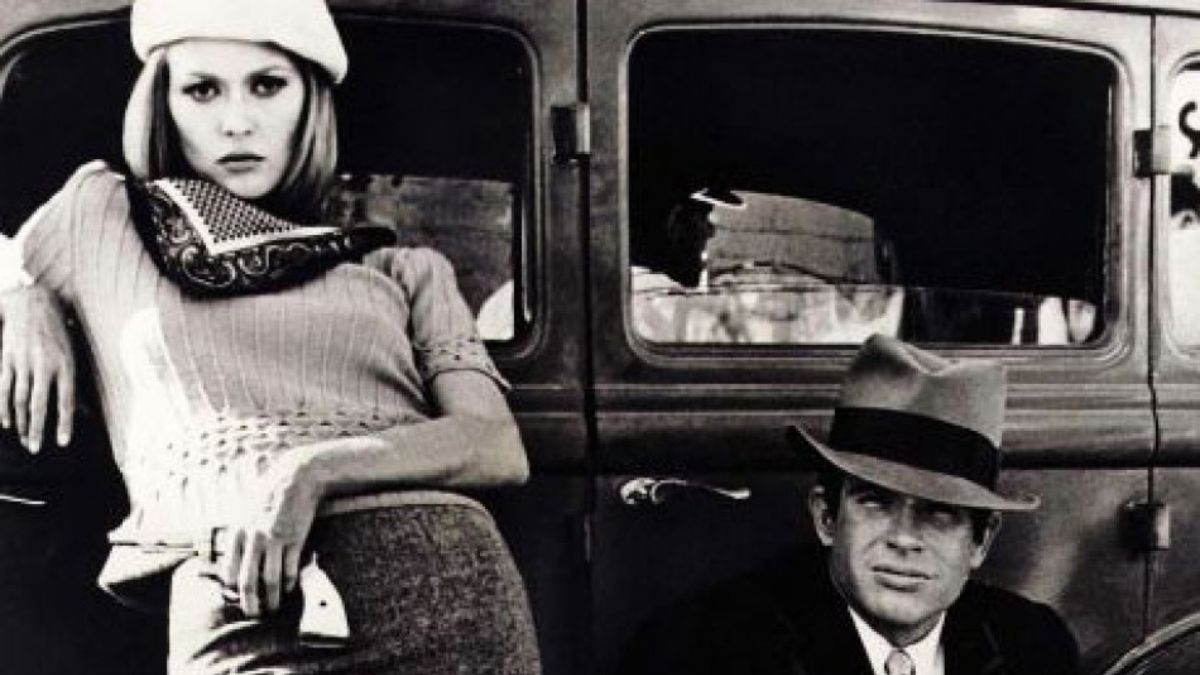
All About Eve Monologues
A seemingly timid but secretly ruthless ingénue insinuates herself into the lives of an aging Broadway star and her circle of theater friends.
Margo Monologues
Fasten your seatbelts, it's going to be a bumpy night!
Nice speech, Eve. But I wouldn't worry too much about your heart. You can always put that award where your heart ought to be.
Lloyd, honey, be a playwright with guts. Write me one about a nice normal woman who just shoots her husband.
Funny business, a woman's career - the things you drop on your way up the ladder so you can move faster. You forget you'll need them again when you get back to being a woman. That's one career all females have in common, whether we like it or not: being a woman. Sooner or later, we've got to work at it, no matter how many other careers we've had or wanted. And in the last analysis, nothing's any good unless you can look up just before dinner or turn around in bed, and there he is. Without that, you're not a woman. You're something with a French provincial office or a book full of clippings, but you're not a woman. Slow curtain, the end.
And what is that, besides something spelled out in light bulbs, I mean - besides something called a temperament, which consists mostly of swooping about on a broomstick and screaming at the top of my voice? Infants behave the way I do, you know. They carry on and misbehave - they'd get drunk if they knew how - when they can't have what they want, when they feel unwanted or insecure or unloved.
I'll admit I may have seen better days, but I'm still not to be had for the price of a cocktail, like a salted peanut.
Spoken like an author. Lloyd, I'm not twenty-ish, I'm not thirty-ish. Three months ago I was forty years old. Forty. Four O. That slipped out. I hadn't quite made up my mind to admit it. Now I suddenly feel as if I've taken all my clothes off.
Please don't play governess, Karen. I haven't your unyielding good taste. I wish I could have gone to Radcliffe, too, but Father wouldn't hear of it… He needed help behind the notions counter.
"I don't think you can rightly say we lost the war. We was more starved out, you might say. That's why I don't understand all these plays about love-starved Southern women. Love was one thing we were never starved for in the South."
Bill's welcome home birthday party might go down in history. Even before the party started, I could smell disaster in the air. I knew it, I sensed it, even as I finished dressing for the blasted party.
If she can act, she might not be bad. She looks like she might burn down a plantation.
If my guests do not like it here, I suggest they accompany you to the nursery, where I'm sure you will all feel more at home.
Don't worry, Lloyd. I'll play your play. I'll wear rompers and come in rolling a hoop, if you like.
Think of your health. More time to relax in the fresh air at a racetrack.
More than anything in this world, I love Bill. And I want Bill. And I want him to want me. But me, not Margo Channing. And if I can't tell them apart, how can he?
In this rat race, everybody's guilty until they're proved innocent. One of the differences between the theatre and civilization.
The little witch must have sent out Indian Runners, snatching critics out of bars and steam rooms and museums or wherever they hole up!
If Equity or my lawyer can't or won't do anything about it, I shall personally stuff that pathetic little lost lamb down Mr. DeWitt's ugly throat!
Karen, in all the years of our friendship, I have never let you go to the ladies' room alone. Now I must.
Isn't it a lovely room? The Cub Room. What a lovely, clever name. Where the elite meet.
It's a great part and a fine play. But not for me anymore. Not for a foursquare, upright, downright, forthright, married lady.
Even Eve. I forgive Eve. There they go. There goes Eve. Eve Evil, little Miss Evil.
Addison DeWitt Monologues
Margo Channing is a star of the theater. She made her first stage appearance at the age of four in Midsummer Night's Dream. She played a fairy and entered, quite unexpectedly, stark naked. She has been a star ever since. Margo is a great star, a true star. She never was or will be anything less or anything else.
That I should want you at all, suddenly strikes me as the height of improbability. But that, in itself, is probably the reason. You're an improbable person, Eve, and so am I. We have that in common. Also, our contempt for humanity and inability to love, and be loved, insatiable ambition, and talent. We deserve each other.
To those of you who do not read, attend the theater, listen to unsponsored radio programs, or know anything of the world in which you live, it is perhaps necessary to introduce myself. My name is Addison DeWitt. My native habitat is the theater. In it, I toil not, neither do I spin. I am a critic and commentator. I am essential to the theater.
There never was, and there never will be, another like you.
Very well - plainly and distinctly - though I consider it unnecessary because you know as well as I do what I'm going to say: Lloyd may leave Karen, but he will not leave Karen for you.
More plainly and more distinctly: I have not come to New Haven to see the play, discuss your dreams, or pull the ivy from the walls of Yale. I have come here to tell you that you will not marry Lloyd, or anyone else for that matter, because I will not permit it.
So does the history of the world for the past twenty years. I don't enjoy putting it as bluntly as this. Frankly, I'd hoped that somehow you would have known, that you would have taken it for granted that you and I…
Too bad, we're gonna miss the third act. They're gonna play it offstage.
The minor awards, as you can see, have already been presented. Minor awards are for such as the writer and director, since their function is merely to construct a tower so that the world can applaud a light which flashes on top of it. And no brighter light has ever dazzled the eye than Eve Harrington.
We all have abnormalities in common. We're a breed apart from the rest of humanity, we theatre folk. We are the original displaced personalities.
Margo, I have lived in the theatre as a Trappist monk lives in his faith. I have no other world, no other life. And once in a great while, I experience that moment of revelation for which all true believers wait and pray. You were one. Jeanne Eagels another, Paula Wessely, Hayes. There are others, three or four. Eve Harrington will be among them.
The Sarah Siddons Award is perhaps unknown to you. It has been spared the sensational publicity of such questionable honors as the Pulitzer Prize and those awards presented annually by that film society. The distinguished-looking gentleman is an extremely old actor. Being an actor, he will go on speaking for some time. It is not important that you hear what he says.
Eve. Eve, the golden girl. The cover girl. The girl next door, the girl on the moon. Time has been good to Eve. Life goes where she goes. She's been profiled, covered, revealed, reported, what she eats and what she wears and whom she knows and where she was and when and where she's going. Eve. You all know all about Eve.
There are, in general, two types of theatrical producers. One has a great many wealthy friends who will risk a tax-deductible loss. This type is interested in art. The other is one to whom each production means potential ruin or fortune. This type is out to make a buck.
No brighter light has ever dazzled the eye than Eve Harrington. Eve. But more of Eve later. All about Eve, in fact.
Elder statesmen of the theatre or cinema assure the public that actors and actresses are just plain folks, ignoring the fact that their greatest attraction to the public is their complete lack of resemblance to normal human beings.
Those who remained cheered loudly, lustily, and long for Eve.
I think the time has come for you to shed some of your humility. It is just as false not to blow your horn at all as it is to blow it too loudly.



